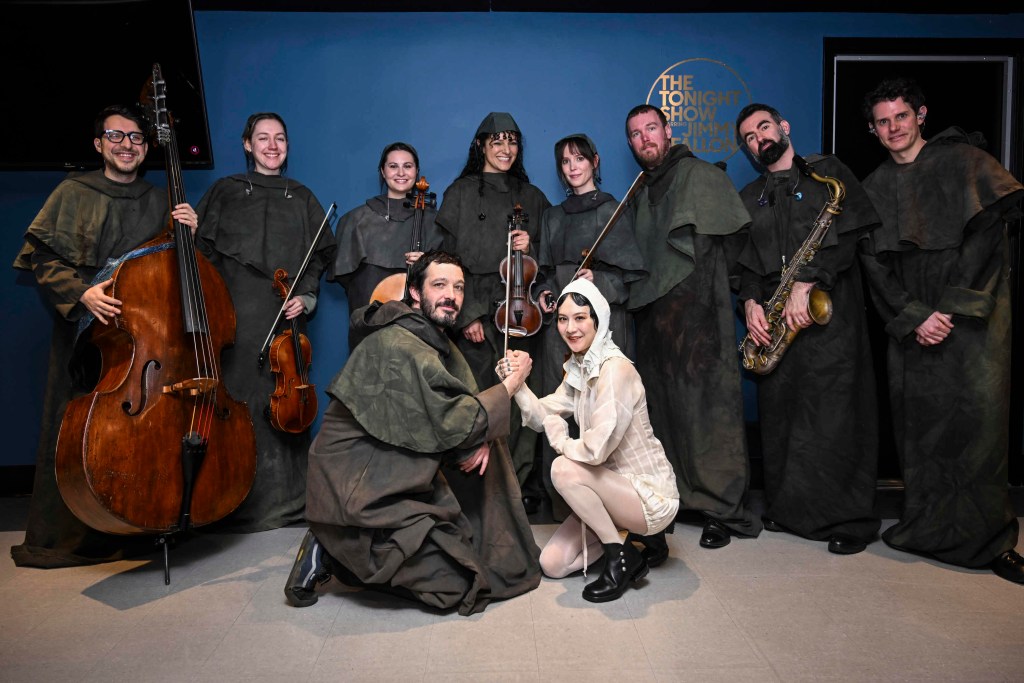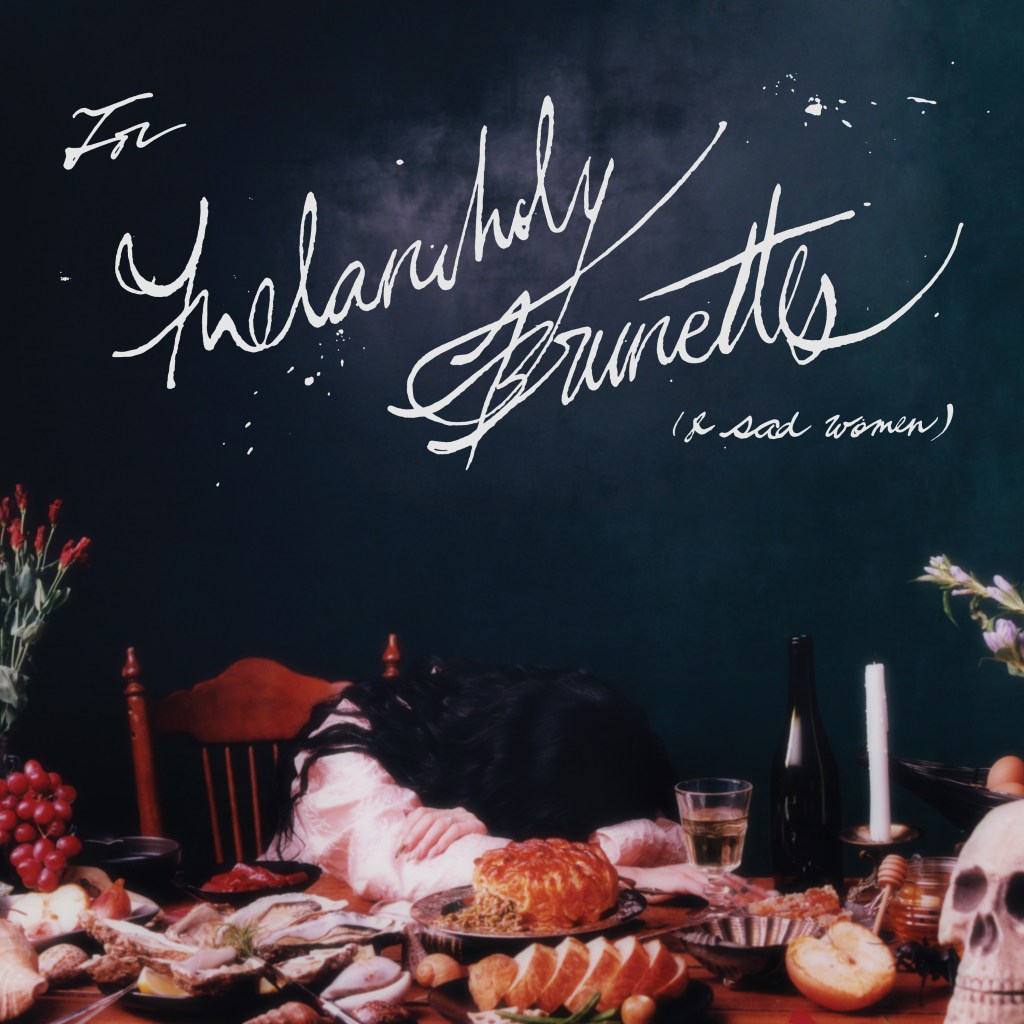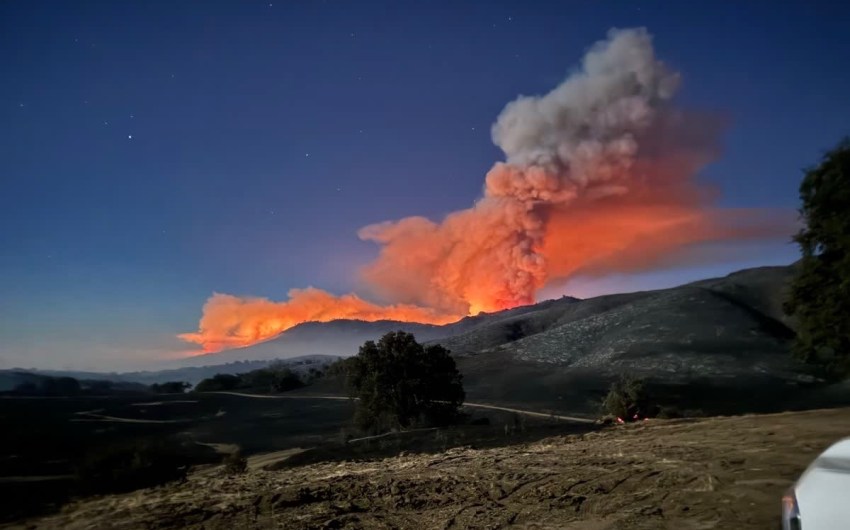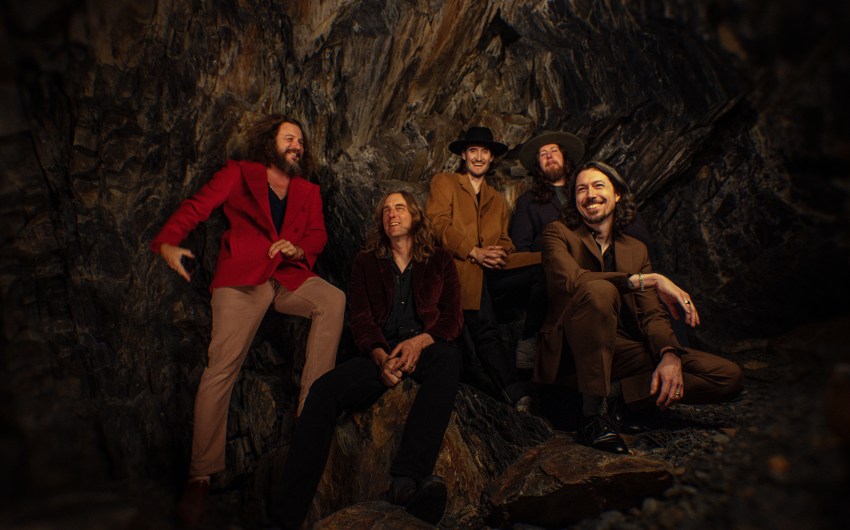Catapulted from a world of well-earned indie street cred into the cultural mainstream by her bestselling memoir Crying In H Mart, Japanese Breakfast frontwoman and songwriter Michelle Zauner brings her band to the Santa Barbara Bowl on Saturday, August 23, as part of the tour for their critically praised For Melancholy Brunettes (& Sad Women) album, which the Wall Street Journal described as, “A highly cinematic collection of stories that consistently delivers.”
“I think of melancholy as a kind of anticipatory grief, one that comes from an acknowledgment of the passage of time, from the recognition of mortality and finitude. In some way, too, I think it marks the artist’s condition, constantly observing through that lens,” Zauner says of the album.
We spoke via Zoom last week as, after more than a decade of playing together, the band made its way toward Santa Barbara via its largest tour yet, playing storied venues like Nashville’s Ryman Auditorium, Sydney Opera House, and the Greek Theatre in Los Angeles. They may still be melancholy, but this is a band whose time has arrived — big time!
Like many of Zauner’s newer fans, I found my way to Japanese Breakfast through her 2021 memoir, a haunting, extremely personal story about losing her far-too-young mother to terminal cancer, growing up Korean American (with a Jewish father) in Oregon, and immersing herself in writing, cooking, and culture as a way to deal with grief.
I am one of probably many middle-aged ladies who discovered your music through your book. Do you hear that very often? I hear it sometimes, yeah. It’s very fun.
I wanted to ask you about writing. So, you’re writing your memoir, you’ve written essays, and then when you’re writing songs; how different are all those things for you? They have differences and they have similarities. I think in music, it tends to be a more intuitive process from beginning to end. There’s not quite as much revision that happens. It’s mostly like an adding on of sonic elements, but the writing tends to be much quicker because there are kind of both more and less rules. There are more rules in the sense that the lines have to have a certain line scheme, but there are less rules in that it can be sort of more fragmentary, more impressionistic, and more freeing in that way.
But then it can be a little bit more cryptic in a way that you’re not allowed in writing prose, which has a lot of rules in the different sense, and is just the writing on its own, without any musical element, obviously. It really has to go through a tremendous amount of revision and take a really long time.
So, I would say I feel like the biggest difference with writing music is I feel really smart when I write music. I feel really dumb when I write prose (laughs). And I think that writing prose takes a really, really long time and requires a lot, a LOT of revision. And writing music is a bit more loose and intuitive.
And it sounds like you start both with an idea as opposed to a melody. Is that fair to say? I think that in music, I will often have a line and melody, and then they kind of work together to make a song. But I think that the thing that they have in common is, I think my sensibility is sort of the same; what moves me as a person is often something that’s really rooted in the real world in a simple detail. I think both of those things are similar in that way.
 Japanese Breakfast | Photo: Todd Owyoung, NBC
Japanese Breakfast | Photo: Todd Owyoung, NBC
You’ve been writing music now for a long time, and you’re touring, and you play both new and older songs when you’re up on stage. Does it feel the same, or does it feel different when you’re sort of revisiting those parts of your life again? This is the first time that we’ve had four records now, which is a lot. I mean, it’s probably like close to 50 songs in our catalog. So, it’s been really fun to find out what the arc of the show is. And we definitely are prioritizing the new album. But the songs are so different from one another that there really needs to be a certain way to tell that story. And it feels like a real celebration of who I’ve been as an artist for almost 10 years now [that] this project has been going. So yeah, I think that’s part of the show that feels really special for me now. I mean, there are times when I’ve played these songs for so long that it’s, you know, if I play a song like, “The Body is a Blade,” which is so sad and heartbreaking, or certain songs — new songs too — that are so personal, like “Little Girl,” or “Leda,” [that] there are definitely moments where I feel kind of transported to that feeling, but I’m also very used to it, so it doesn’t really smack me in this intense way.
 Album art, ‘For Melancholy Brunettes (and Sad Women)’ | Photo: Courtesy
Album art, ‘For Melancholy Brunettes (and Sad Women)’ | Photo: Courtesy
Your latest record — For Melancholy Brunettes (& Sad Women) — was made before you went to Korea. [Michelle’s upcoming book is based on immersing herself in Korean culture and living there for a period of time to learn the language.] Now that you absorbed yourself in that culture, has that changed you at all, kind of coming back and performing after that experience? Yeah, I think it changed me in a lot of ways. I mean, a lot of my old things, there are certain things that I was like, I’m a totally different person now and then. Once you go back into your old way of being, you’re kind of disappointed to watch how quickly it sort of leaves you. But I think the biggest gift it gave me was a year to explore a different side of myself. And to be able to return to this lifestyle with a renewed joy. And I think I really needed it at that time. And so, getting back to playing shows again with the people that I love very much is more joyful and satisfying and less nerve wracking than it was for a while.
See Japanese Breakfast at the Santa Barbara Bowl with special guest Ginger Root on Saturday, August 23. https://bit.ly/47DcRBw




AloJapan.com